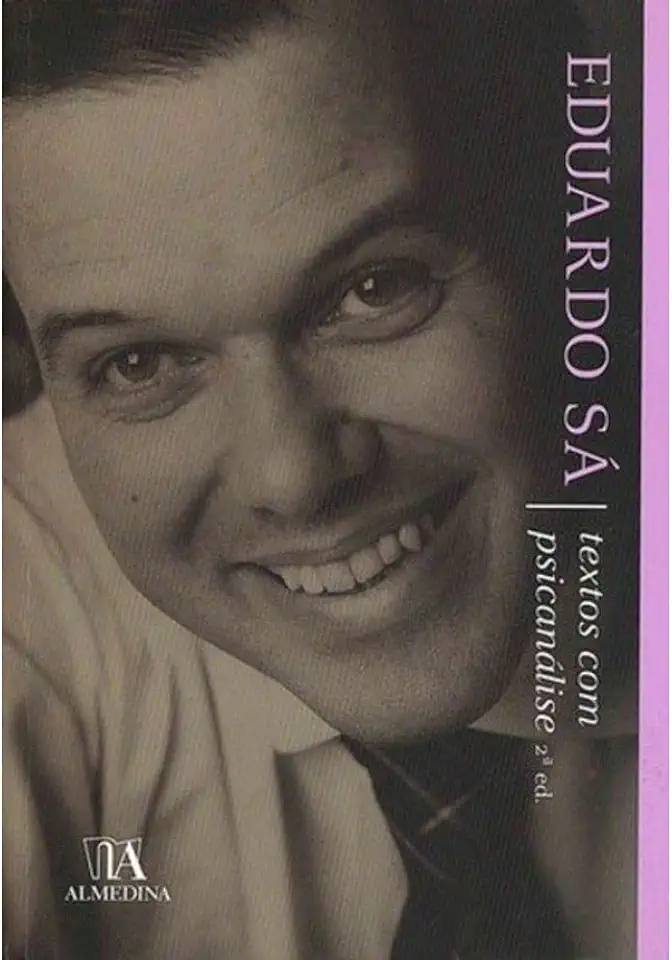
Psychoanalysis Texts - Eduardo Sá
Psychoanalysis Texts: A Comprehensive Guide to the Key Concepts and Theories
Introduction
In the realm of psychology, few fields have had as profound an impact on our understanding of the human mind as psychoanalysis. Developed by Sigmund Freud in the late 19th century, psychoanalysis has revolutionized the way we think about our thoughts, feelings, and behaviors. In this comprehensive guide, Eduardo Sá provides a thorough exploration of the key concepts and theories of psychoanalysis, offering readers a deeper understanding of this influential field.
Key Concepts
At the heart of psychoanalysis lies the concept of the unconscious mind. Freud believed that the unconscious mind is a vast reservoir of thoughts, feelings, and memories that are inaccessible to conscious awareness. These unconscious processes can nevertheless exert a powerful influence on our behavior and mental life.
Another central concept in psychoanalysis is the Oedipus complex. The Oedipus complex is a theory that describes the unconscious sexual desires that children experience towards their parents. Freud believed that the Oedipus complex is a universal phenomenon that plays a crucial role in shaping our personality and development.
Defense Mechanisms
Psychoanalysis also explores the concept of defense mechanisms. Defense mechanisms are unconscious mental processes that protect the ego from anxiety and other painful emotions. These mechanisms can take various forms, such as repression, projection, and rationalization.
Dreams and the Unconscious
Dreams are considered a window into the unconscious mind. Freud believed that dreams are the royal road to the unconscious, providing access to our deepest thoughts and desires. By analyzing our dreams, we can gain valuable insights into our unconscious processes and their impact on our waking life.
Psychosexual Development
Psychoanalysis also delves into the concept of psychosexual development. Freud believed that children progress through a series of psychosexual stages as they develop. These stages include the oral stage, anal stage, phallic stage, latency stage, and genital stage. Each stage is characterized by specific erogenous zones and conflicts that shape the individual's personality and development.
Therapeutic Applications
Psychoanalysis has also had a profound impact on the field of psychotherapy. Psychoanalytic therapy is a type of talk therapy that helps individuals gain insight into their unconscious processes and resolve their psychological conflicts. Psychoanalytic therapy can be an effective treatment for a wide range of mental health issues, including anxiety, depression, and personality disorders.
Conclusion
Psychoanalysis Texts is an essential resource for anyone interested in gaining a deeper understanding of the human mind. Eduardo Sá's comprehensive guide provides a thorough exploration of the key concepts and theories of psychoanalysis, making it an invaluable resource for students, clinicians, and anyone fascinated by the workings of the unconscious mind.